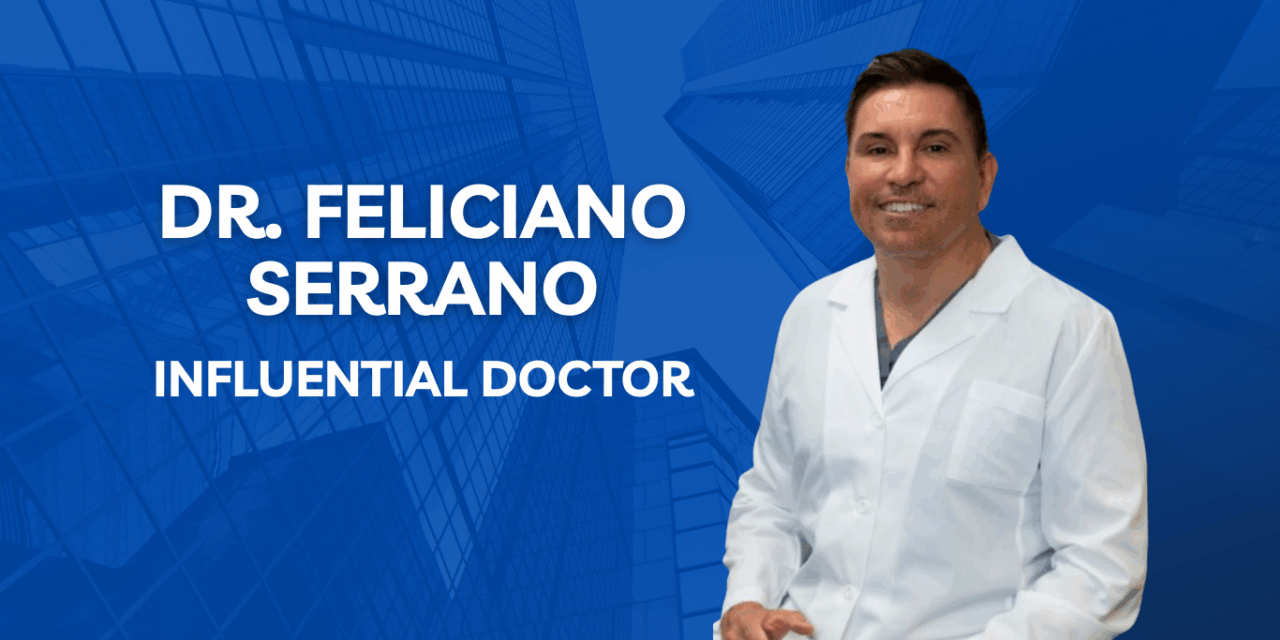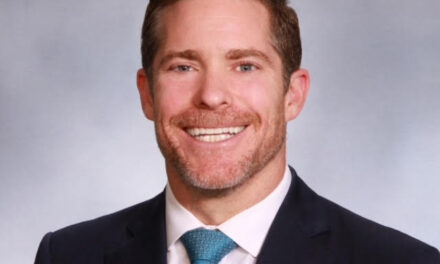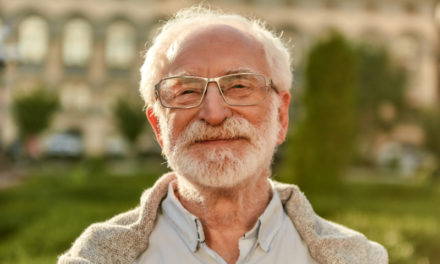Dr. Feliciano Serrano is a distinguished ACGME Certified Physician specializing in nephrology and endo-vascular interventions. With over two decades of experience, he has redefined patient care through his innovative concierge medicine model, serving communities in Pasadena, Los Angeles, Glendale, Bel Air, and beyond. He provides personalized and accessible care for patients managing chronic conditions like kidney disease, dialysis, liver cirrhosis, diabetes, and vascular complications. Dr. Serrano is not just a medical professional but also an advocate for culturally competent care, offering bilingual services in English and Spanish to cater to the diverse community of Los Angeles. A graduate of USC’s Keck School of Medicine, Dr. Serrano is known for blending cutting-edge medical expertise with compassionate, individualized attention.
With his practice extending to include the Serrano Kidney and Vascular Access Center (KVAC), Dr. Serrano has introduced state-of-the-art, specialized services like dialysis access management, vascular treatments, and holistic patient support, making him a leader in his field. His commitment to ensuring comfort, dignity, and quality care for his patients has earned him respect and trust throughout the medical community and beyond. Today, we sit down with Dr. Serrano to hear more about his unique approach to healthcare.
What inspired you to specialize in nephrology and endo-vascular interventions, and how has that shaped your approach to patient care?
My inspiration comes from the profound impact the kidneys and vascular system have on the human body’s overall health. These are systems that often go unnoticed until something goes wrong, and by the time patients come to us, they’re often dealing with serious, life-altering conditions. When I started medical school, I quickly realized the growing need for specialists in these areas and the critical role they play in both extending and improving a patient’s quality of life.
It’s this understanding that shaped my patient-centered philosophy of care. I’ve always believed in treating the whole person, not just the condition. Whether it’s by offering personalized consultation, building meaningful relationships with patients, or focusing on their emotional wellbeing as much as their physical health, my approach has always been holistic.
Concierge medicine plays a significant role in your practice. How does this model enhance the care you provide to patients with chronic conditions like kidney disease or vascular issues?
Concierge medicine has been a game-changer, especially for patients managing chronic conditions. It allows me to offer something that’s unfortunately rare in modern healthcare – time. With 24/7 direct access to me via phone and video visits, my patients don’t have to wait days to address their concerns. For someone dealing with something as complex as dialysis, immediate access to their physician can make all the difference.
This model not only simplifies logistics, like reducing the need for constant clinic visits, but also allows me to really understand my patients on a deeper level. Chronic conditions often come with emotional and mental burdens, so creating this seamless connection ensures that my patients feel supported every step of the way.
Your patients often exceed the average life expectancy for those on dialysis. What unique strategies or practices have contributed to these outcomes?
The longevity of my dialysis patients stems from my personalized, meticulous approach to care. Dialysis is more than just a treatment; it’s a lifestyle, and helping patients adapt means being deeply involved in every aspect of their health. I work closely with their primary nephrologist and collaborate with a multi-disciplinary team to ensure that every piece of their treatment puzzle fits seamlessly.
Beyond medical care, it’s about building trust and providing emotional support. My patients know they can reach me whenever they need, whether it’s for advice, reassurance, or to address a complication. This sense of security empowers them to stay engaged in their own health, which naturally leads to better outcomes.
Los Angeles is a diverse city, and you’re bilingual in Spanish. How does providing culturally competent care impact your connection with patients and their treatment experiences?
Being able to communicate effectively with my patients is critical, which is why offering bilingual services has been so impactful. For many Spanish-speaking individuals, there’s often an added layer of difficulty when navigating their healthcare due to language barriers or cultural nuances. By speaking their language and understanding their background, I can provide care that resonates more deeply.
This connection fosters trust and commitment from my patients, which makes a substantial difference in their treatment experience. They feel heard, understood, and confident that the care they’re receiving truly aligns with their needs and values.
How do you integrate advanced medical technologies and procedures, such as those offered at the Serrano Kidney and Vascular Access Center, into your holistic approach to patient care?
At the Serrano Kidney and Vascular Access Center, technology plays a vital role in enhancing patient outcomes while keeping their comfort front and center. Procedures like thrombectomies, endovenous laser ablation, and dialysis catheter placement are all done with a focus on precision and patient safety. These cutting-edge treatments allow us to address even the most complex cases effectively.
But technology alone isn’t enough; it has to serve the broader goal of holistic care. Advanced tools and procedures are integrated seamlessly into my practice alongside personalized communication, emotional support, and long-term follow-ups, ensuring that my patients receive not only expert treatment but also the compassionate care they deserve.
What advice would you offer to other physicians or healthcare providers who are looking to adopt a more personalized, patient-centered model in their practices?
My advice is simple but profound – start by really listening to your patients. Understand their fears, their challenges, and what success looks like to them. Patient-centered care isn’t about working more; it’s about working smarter, creating genuine connections, and reshaping the traditional healthcare model to prioritize accessibility and empathy.
Additionally, I’d suggest focusing on small, incremental changes. Incorporate more touchpoints into your workflow, build time for meaningful patient interactions, and use technology as an enabler, not a replacement. Over time, you’ll find that this approach doesn’t just benefit your patients but also reignites your own passion for medicine.




